My Aunt Helen is guest posting today. I am compiling a book of stories about girls growing up in the South way back in the dark ages -- when I was a child and earlier -- and this is Aunt Helen's story about Egg Candling. I plan to include her story in the book. I hope you will find it just as charming as I do.
 Helen Thomae 5 Years Old
Helen Thomae 5 Years OldSometime during my high school days (1937-40), Daddy is trying to make some extra money and decided that country-fresh eggs would be a good product to sell to stores and to individuals. He had talked this idea over with several prospective customers who agreed to buy eggs from him on a trial basis. So we set up our production line in the basement of our house on a couple of card tables and on two orange crates turned on end. The basement wasn't a bad place to do this -- it was warm in the winter close to the furnace and, as for the summer, I don't think it lasted that long. I don't really remember how long we were in the egg business.
 Ebb Thomae, Egg Magnate and Helen's Father (My Beloved Poppy)
Ebb Thomae, Egg Magnate and Helen's Father (My Beloved Poppy)It worked like this: Daddy would go to farms close to Chattanooga, buy fresh eggs from farmers, bring them home, we would candle and clean them up, then he would deliver them to his customers. I don't recall how many days would elapse from the time he acquired them until he delivered them, but probably about three or four as we had to "process" them.
The processing of these fresh eggs consisted first of cleaning them with vinegar. This was because there were all kinds of hen doody on some of them, which smelled, and it was Gene's (brother) and my job to clean them. And the more vinegar we put on them the more they smelled, and we did use a lot of rags which had to be washed quite often. That was Blanche's (sister) job -- when she came back to town every other weekend after teaching dancing in outlying towns -- it was her assignment to keep us with clean cloths -- and she also assisted in the basement assembly line from time to time.
 Blanche and Gene
Blanche and GeneAfter the eggs were cleaned, they were then candled. It order to candle an egg, it was necessary to have a candling machine. Ours consisted of a shoe box with an oval hole cut in the top -- big enough to hold an egg. Inside the shoe box was an extension cord with a light bulb positioned underneath the hole. In order to see if the eggs were infertile (meaning that the roosters had kept their distance) I would place an egg on the hole in the top of the shoe box with the light shining beneath it, allowing me to see the outline of the inside of the egg. If it was infertile and had a clear outline of the yolk, it was ready for delivery.
But, if the egg showed signs of being fertile (meaning the rooster was a busy little fella), then that egg was placed in a different box for a different delivery.
If the yolk was milky-looking or dark in spots, it was considered unfit for consumption, put in still another box and taken upstairs to be flushed down the johnny.
 Gene at Work (He Delivered Drugs -- And Apparently Repaired His Motorcycle When He Was Awake)
Gene at Work (He Delivered Drugs -- And Apparently Repaired His Motorcycle When He Was Awake) There were problems of one kind and another. I don't recall all the details as I was going to high school and only assisted after homework was done and on the week-end. Daddy had expected to get white eggs, but evidently the farmers had a market for them and mostly sold the brown eggs with doody on them to him. He had two or three special home customers and as he took me to school, we would deliver the eggs to their front door.
I don't know too much about the laying habits of hens, but seemingly somewhere during the year, there is a "no egg-laying" time, and, for us, that meant not too many eggs to clean and candle. But, also, the farmers wanting to keep making sales, would sell Daddy old, fertile, sometimes rotten, brown eggs. I candled them and not a one could be used! At the time, when I saw an unfit egg, I would go upstairs, break open the egg, and flush it and the horrible smell down the johnny. This happened about four times on the batch I'm telling you about before it dawned on me to get a boxful and take them up all at one time, since it seems that this particular collection of eggs had been foisted off on us.
It wasn't too much later that we went out of the egg business.
I didn't shed a tear.
 Gene and Helen in 1925
Gene and Helen in 1925An afterthought: This reminds me of a joke.
Two old maids decided to go into the chicken and egg business on their farm.
They bought 49 hens and 49 roosters!










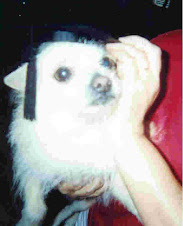

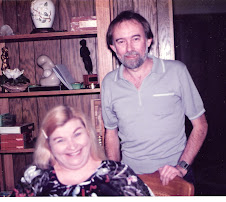
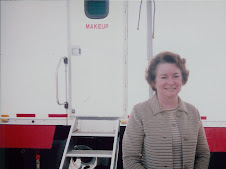

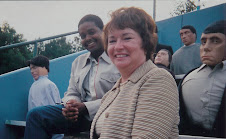






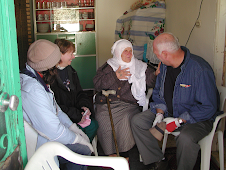
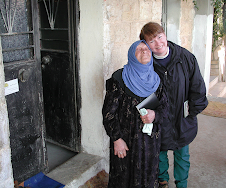


No comments:
Post a Comment